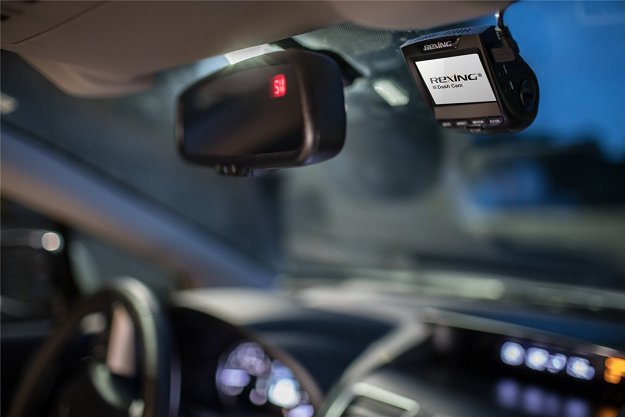
The report, Biometrics in the Global Automotive Industry 2016-2025, claims that wearable health tech companies developing products with cloud-backed data storage and analysis will team with automotive component manufacturers to transfer the sensors and scanners into vehicles. This transfer will “radically transform the driving experience, health wellness and well-being, and security of vehicles,” according to the report.
On the security side, biometric identity features in cars can include fingerprint, iris, voice, and gesture recognition. Once your car is sure you’re really you, then it will get busy monitoring your heartbeat and brain waves, your stress levels, fatigue, and pulse and monitor your eyelids and face for good measure.
Frost & Sullivan analyst Joe Praveen Vijayakumar said, “Urbanization will continue to fuel emphasis on biometrics-driven advanced driver assistance system features to navigate heavy traffic while ensuring, safety and comfort.”
By partnering with the companies now working on wearable health tracking and monitoring, automotive OEMs will be motivated by the chance to “save on biometrics-related research and development expenditure, while creating growth avenues for wearables companies”.
Examples of current innovative health tech companies with technology that could transfer to cars included Empatica’s watch that detects oncoming epileptic episodes, Optalert’s eye glasses that monitor drowsiness with infrared, and Sober Steering which, as you can guess, has sensors that can be built into a steering wheel to track blood alcohol content and drunkenness.
Since in many cases, we’ll just be passengers in autonomous vehicles by 2025, we might as well get a mini-physical while we ride.
Editors' Recommendations
- Ford can use your voice to make your car’s wheels theftproof
- The Wave Mini makes sure the air you’re breathing inside your home is safe
- Kia’s HabaNiro concept is an autonomous electric car that knows when you’re sad




